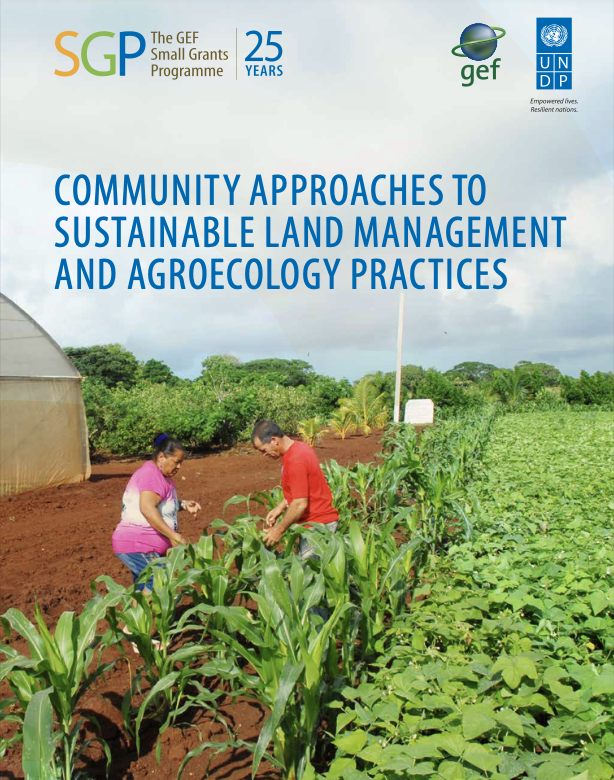Sustainable Development Goals and the environment in Europe: a cross-country analysis and 39 country profiles
At the United Nations (UN) Sustainable Development Summit on 25-26 September 2015, world leaders adopted the global framework ‘Transforming our World: The 2030 Agenda for Sustainable Development’, which included 17 global Sustainable Development Goals (SDGs) and 169 targets. The 2030 Agenda builds on the Millennium Development Goals and aims to eradicate poverty, leaving no one behind, and to shift the world on to a sustainable and resilient path.



